It would seem that most of us equate moral compass with a code of ethics, values, beliefs or faith which we use to formulate a code of conduct for ourselves and our expectations for the behavior of other people. When this code of conduct is violated there is an immediate reaction of feeling very uncomfortable and inevitably, there is a need to rectify any actions that have been taken by correcting our behavior and/or apologizing. When we find ourselves accepting the behavior of someone who breaks our personal codes, we have to wonder if we are losing our moral compass while at the same time we become fearful that we are being “judgmental” or “intolerant” which once again leads back to our code of conduct or moral compass for ourselves and expectations for others and society as a whole. Now if this sounds confusing, I expect that many of us struggle with accepting a world in which there seem to be fewer and fewer guidelines for what is considered “acceptable” values and “rules” for behavior. It is easy to remember a time when good manners and concern for others was the norm rather than rude behavior and lack of caring for fellow humans. It is easy to remember when violence and blatant sexual behavior was forbidden on television, the movies and in public. It is easy to yearn for the “good old days” when life was much simpler and almost everyone shared a common code of behavior.
 Today the norm for one’s life or behavior would seem to somewhat emulate the behavior of an ostrich hiding its head in the sand so it can’t see or be seen. Some would say that we as individuals and as a society have become too complacent and apathetic about what we do or what we see. It is just so much easier to ignore the present and look to a less painful or stressful time in our lives –the past. This phenomenon is referred to as a “collective drift” and it can occur when focus becomes rooted in the past of what used to be. We become lost in our memories and in reflecting on our memories until the past over shadows and outweighs the present and the future. We began to drift away from the reference point or anchors that constitute our core values that make us who we are. Taking it a step further the term is loosely defined as “when our memories of what used to be, exceed and outweigh our dreams, the end is near.”
Today the norm for one’s life or behavior would seem to somewhat emulate the behavior of an ostrich hiding its head in the sand so it can’t see or be seen. Some would say that we as individuals and as a society have become too complacent and apathetic about what we do or what we see. It is just so much easier to ignore the present and look to a less painful or stressful time in our lives –the past. This phenomenon is referred to as a “collective drift” and it can occur when focus becomes rooted in the past of what used to be. We become lost in our memories and in reflecting on our memories until the past over shadows and outweighs the present and the future. We began to drift away from the reference point or anchors that constitute our core values that make us who we are. Taking it a step further the term is loosely defined as “when our memories of what used to be, exceed and outweigh our dreams, the end is near.”A collective drift can occur in any setting-the work place, a family, a church, as well as the greater society. The collective drift is likely to occur during a time when we are lost in our memories and are so focused on “the good old days” that phrases such as “that’s not the way we used to do it”, “life was much simpler back then”, and “in my day”, constantly occupy our speech and thoughts until we give up and retreat from the present and any dreams for the future.
Behaviors attributed to someone on the verge of a collective drift could include: skipping events that they once valued for trivial reasons such as “Everyone else plays golf on Sunday morning so I can too” or "Working out is no fun."until the habit is lost and attendance is no longer important or “It’s too much trouble
 to learn to do this so I am just going to do it the old way” until a new method for teaching or working is abandoned one person at a time; “No one else takes 'green bags' to the grocery story so I'm not going to either"; "It is too inconvenient”; “It is a waste of time to recycle so I’m just forgetting about it"; Once again a retreat to the past is preferable to dreams for a better future.
to learn to do this so I am just going to do it the old way” until a new method for teaching or working is abandoned one person at a time; “No one else takes 'green bags' to the grocery story so I'm not going to either"; "It is too inconvenient”; “It is a waste of time to recycle so I’m just forgetting about it"; Once again a retreat to the past is preferable to dreams for a better future.Additionally, when negative thinking becomes a habit, a collective drift might be close at hand especially when the negativity spreads from person to person. Examples of “stinking thinking” that result in poor attitudes include:
"This is too much trouble."
"What’s the use!"
"It doesn’t really matter anyway."
"I am just one person and I can’t do it all."
"Let someone else do it."
"That’s not my problem."
And, of course, “ I really don’t want to get involved.”
Any of these statements, attitudes or actions often lead to collective drift away from some established core value or reference point—one person at a time. Basically individuals have stopped sharing, have stopped dreaming and have begun to focus on what “I need” rather than what “others need”. The person involved has lost heart and has forgotten the possibilities and visions for the future that were once held.
It seems to be especially easy for those of us in a certain age group, to find ourselves on the verge of a collective drift so we have to be especially vigilant to keep our memories in the proper perspective. Memories are important and necessary for everyone, but we have to remember not to live in the past or to get lost in our memories. Even at our age, our focus belongs on the present and the future. Our memories only serve us well as we continue to dream.
So much of our desire for a wonderful present and future depends on factors such as cultivating an attitude of being grateful and counting our blessings; seeking out like minded people who promote health and happiness rather than discontent and negative attitudes, continuing an attitude of service to others rather than an attitude of what can others do for me; continuing to use our gifts in positive ways of service and for personal happiness; maintaining an attitude of encouragement to others and by reminding ourselves and others about what is important, and by looking forward to tomorrow and the future and continuing to dream.
Sometimes it is necessary to get creative about dreaming and maintaining a hold on the present. We are never too old to have fun, to learn new things, to make new friends, to contact old friends, to love, to become a part of something, or to forget what is important to us.
Never stop dreaming!
note: The term "collective drift" comes from a sermon by Pastor Tommy Politz at Hillside Christian Church in Amarillo, TX.






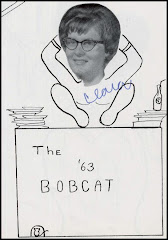



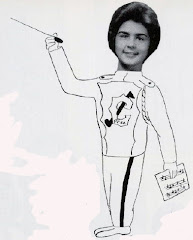
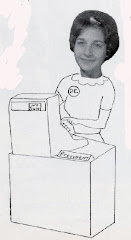
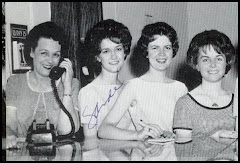


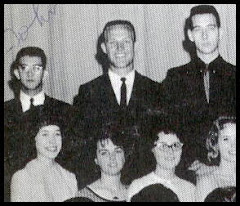


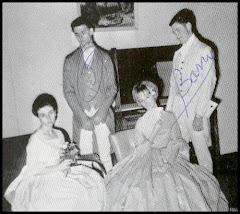



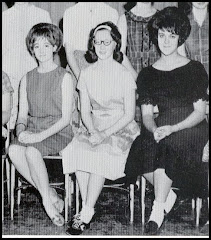.jpg)


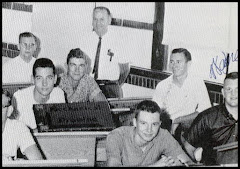


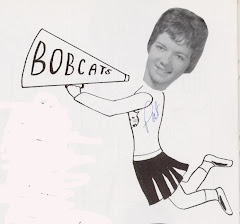

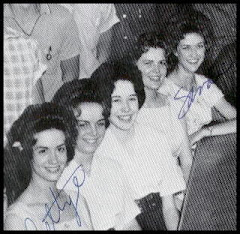


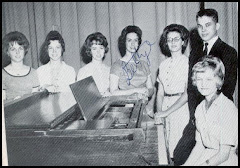


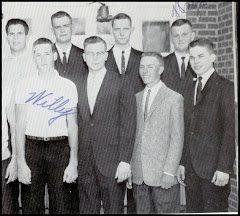




.jpg)
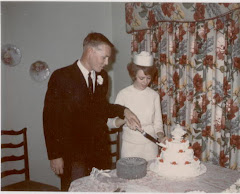
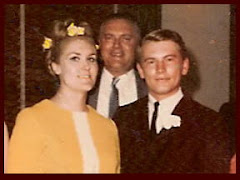
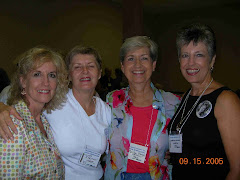

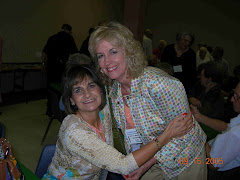
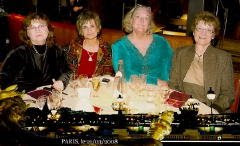.jpg)




.jpg)
.jpg)